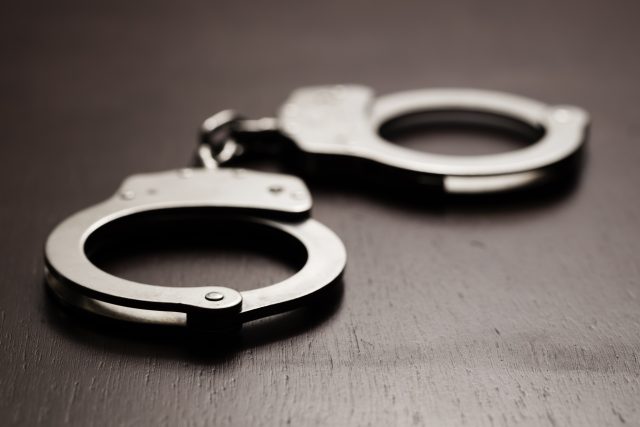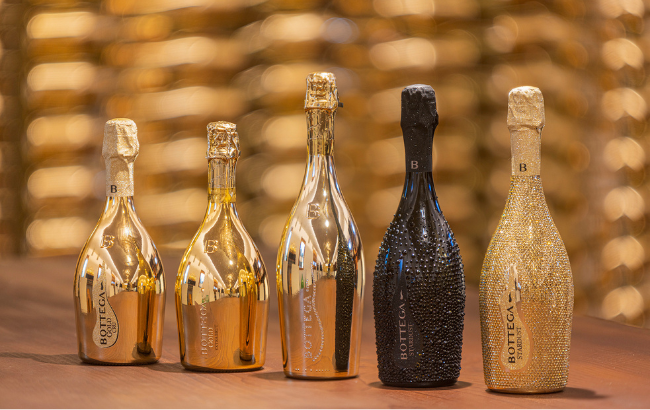Man arrested over fatal ecstasy-spiked Champagne incident
By Louis ThomasA Dutchman has been arrested and extradited to Germany under suspicion of distributing Jeroboams of Moët & Chandon which contained liquid ecstasy.

The spiked Champagne was detected in Germany and the Netherlands in 2022 when a total of 12 diners were taken ill, having accidentally drunk a large quantity of the psychedelic and stimulant drug MDMA.
The first incident involved a group of eight dining together at La Vita restaurant in Weiden, Germany, who had ordered a three litre bottle of Moët & Chandon Ice Imperial, for €490. One diner, a 52-year-old man who was eating at La Vita in Weiden, Germany, died as a result, and the others were hospitalised, foaming at the mouth and suffering from seizures.
Reportedly, the spiked Champagne bottle contained a dose of ecstasy 1,000 times greater than what might a drug user might normally take. It is claimed that the diners had complained about the sparkling wine’s taste – MDMA can have a bitter, anise flavour, and would significantly darken the colour of the wine, though the opaque white bottle would mean that this was not immediately obvious.
It was then revealed that a similar incident had also occurred among a group of four drinking at home in Rotterdam, the Netherlands.
Partner Content
Investigators discovered that the spiked Jeroboams of Ice Imperial had been purchased from the same website.
A 35-year-old Polish man was arrested in November last year in connection with the incident, and he is supposedly still believed to have been responsible for storing the spiked bottles, but now the investigation has unearthed a prime suspect.
According to Dutch news outlet AD, an unnamed 45-year-old Netherlands national was placed under arrest in June and extradited to a Bavarian prison in September under suspicion of gang-related drug trafficking, which resulted in death and bodily harm.
“The Dutchman is suspected of having been the owner of the drugs in the Champagne bottles in his home country,” commented Matthias Bauer, representing the Weiden public prosecutor’s office.
If the intention was to distribute liquid ecstasy by disguising it as Champagne, it is still not understood how these particular bottles ended up among unwitting consumers. The street value of the drugs inside is believe to have been substantially greater than that of the Champagne that was meant to be there instead – in the region of five or maybe even six figures, according to Bavarian news outlet Oberpfalz Echo.
Related news
19 Crimes calls out wine snobbery with 'whine list'
19 Crimes makes strategic move into rum
19 Crimes launches 'stout-style' Syrah blend for St. Patrick's Day




